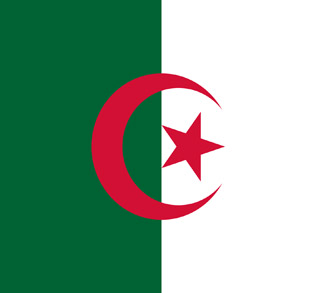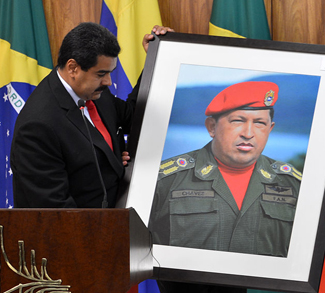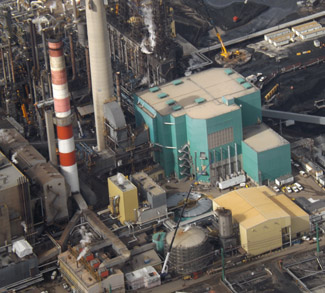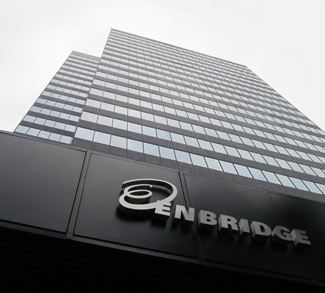The political upheavals of the Arab Spring created new vacuums in North Africa, notably in post-Gaddafi Libya and a Revolution-fatigued Egypt struggling to establish its writ in the Sinai and the Western Desert. Algeria has been a notable exception to this trend so far, in large part because of the premium that Algerians place on stability; the country already endured a brutal civil war between the government and Islamists that ended in 1999. Yet this exceptional status shouldn’t be taken as a given going forward. Pressures are mounting against the regime of Abdelaziz Bouteflika, and the region can be a punishing place for a government on the ropes.
Feeling the squeeze from a global energy rout
Algeria has the ignoble distinction of belonging to RBC Capital’s “Fragile Five” group of energy-exporting countries facing serious economic risks in the current climate of low energy prices. The country is home to the fourth-largest oil reserves and second-largest natural gas reserves in Africa, and it is Europe’s second-largest natural gas provider behind Russia. The energy industry accounts for 30% of Algeria’s GDP, 95% of its export earnings, and 60% of its government budget.
The precipitous drop in energy prices over the past year has had a serious impact on the Algerian economy, and the government has stated that energy-related revenue will drop by over 50% this year. Cheaper energy exports are also having an impact on the country’s balance-of-payments and sapping foreign reserves. Algeria’s reserves are expected to drop by around $26 billion in 2016, leaving $121 billion in the state coffers.




